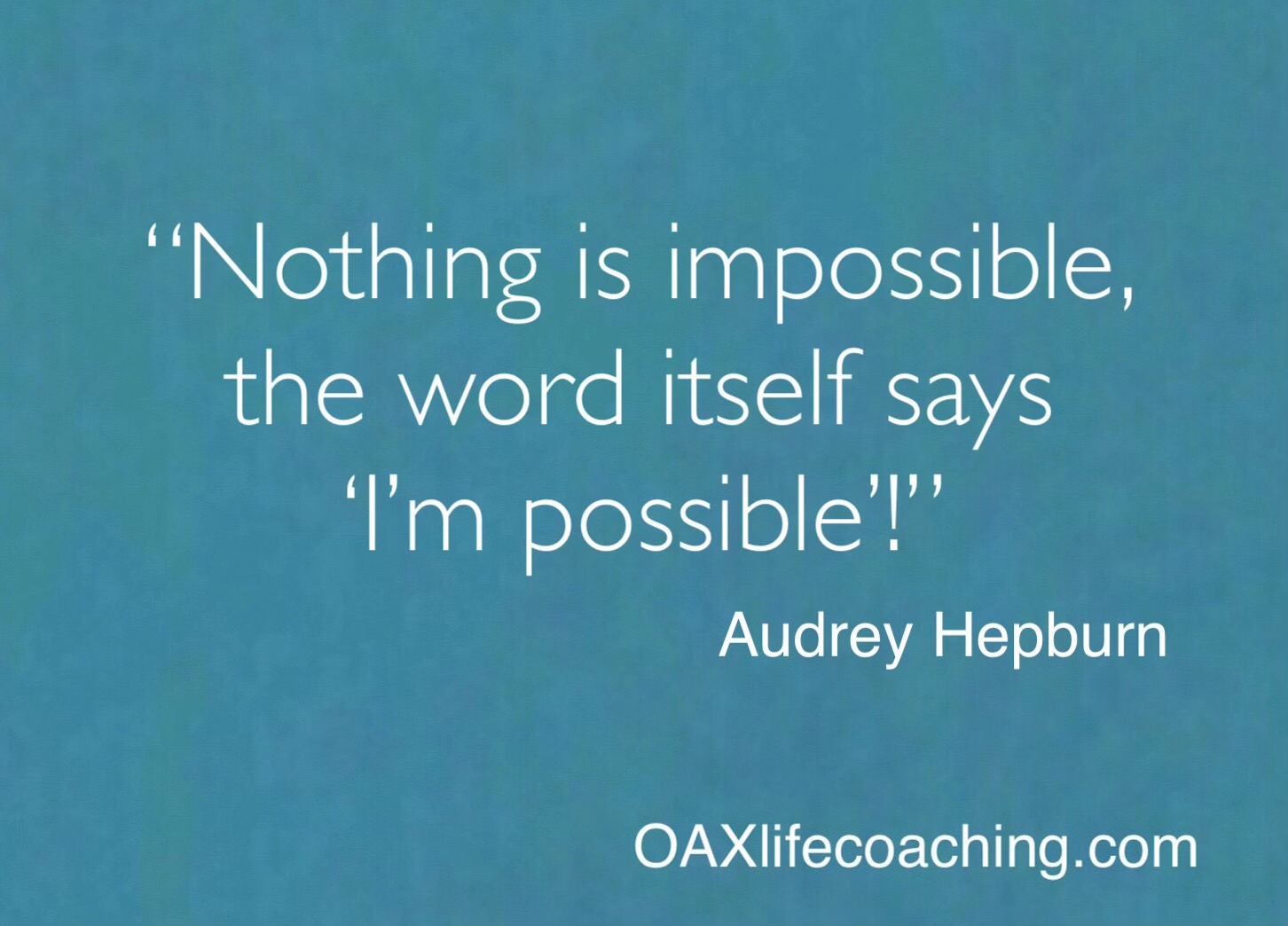We hear the word Mindfulness everywhere these days, but what does it actually mean and why is it so important? I practise mindfulness every single day in some form, depending on where I am or what I’m doing. I can be sat in a chair, out walking, driving or even sometimes in the middle of a tough HIIT Session (true story!).
Mindfulness to me is focussing on being present in the moment and appreciating what is around me and the pleasures in life. I find that it improves my focus and increases my ability to perform tasks that require concentration, particularly if I’ve had a busy day. Mindfulness is for everyone, in fact most of the successful people in the world practise mindfulness.
Mindfulness can enhance the brain’s ability to reorganise itself, effectively rewiring it to increase your positivity, happiness and success, whilst focussing less on the negative things such as worry or stress.
Studies have shown that mindfulness can have a positive impact on physical and mental health.
Here are some of the benefits:
1. Improves mental health. It’s linked to the reduction of the density of brain tissue that is associated with anxiety and worry, which allows for better management of stress, anxiety and depression. Over the years it’s been used to treat things such as anxiety disorders, substance abuse, relationship conflicts and eating disorders, to name a few.
2. Improves physical health. Research has shown that it can help relieve stress, lower blood pressure, reduce chronic pain and help to treat heart disease. It strengthens your immune system making you less susceptible to viruses and also encourages better sleep.
3. Increases your sense of happiness and well-being. Being mindful and present in the moment helps you to become fully engaged in whatever is happening around you. You will be less likely to worry about the future or regrets from the past. It improves your empathy and ability to relate to others, which has a positive impact on relationships. It also increases your emotional well-being, making you less likely to listen to or be influenced by negative people.
How to practise mindfulness
At first being mindful may feel unusual or even strange but the key is to make time every day to keep doing it and it will become natural.
1. Get comfy. Find somewhere to sit that feels comfortable and quiet to you. You don’t need any fancy cushion or matt, you can sit anywhere and in any position.
2. Time limit. To start off with choose a short period of time, perhaps a couple of minutes, then increase it every time you practise. You don’t have to sit for hours every day, just do whatever you feel comfortable with.
3. Breathe. Take deep breaths in through the nose and out through the mouth, letting the mind settle. Try to become aware of any sounds or sensations around you and enjoy them.
4. The wandering mind. You can’t quieten your mind, it’s natural for it to wander. Perhaps thinking about something that has happened that day or something that you need to do. Don’t latch onto to anything in particular. Recognise the mind has wandered and bring your attention back to the present.
Like anything, the more you practise, the better the effects. Use it to help you concentrate on being the best version of you!
Make the Change
Chris





Leave A Comment